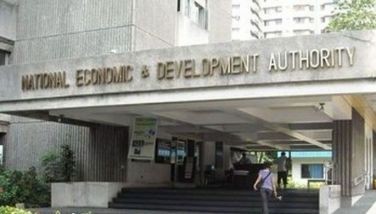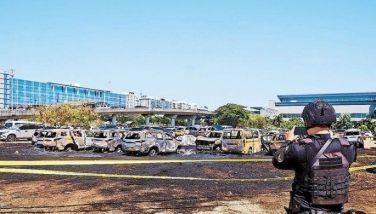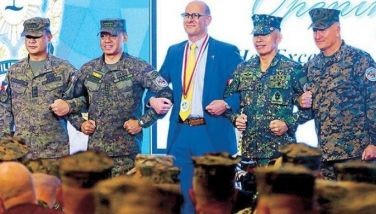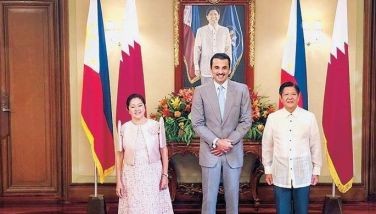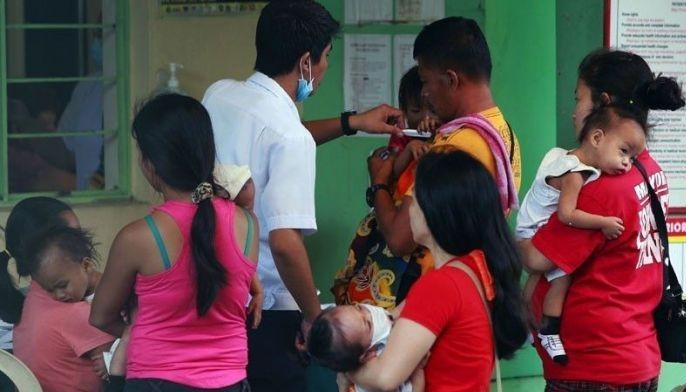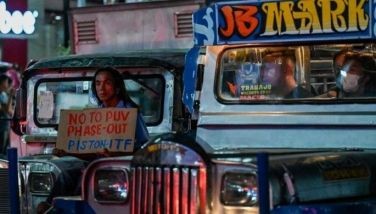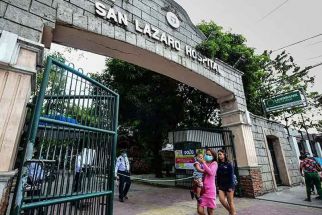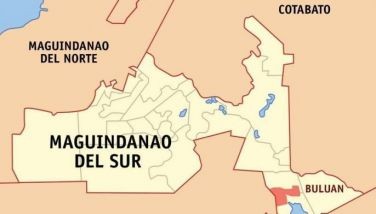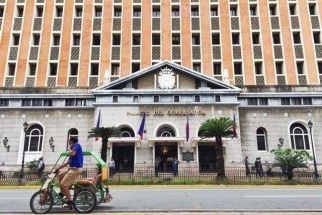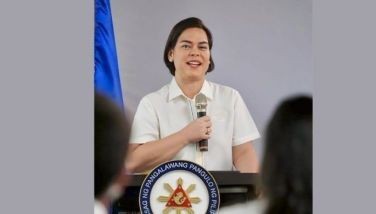UN upholds right to peaceful digital assembly
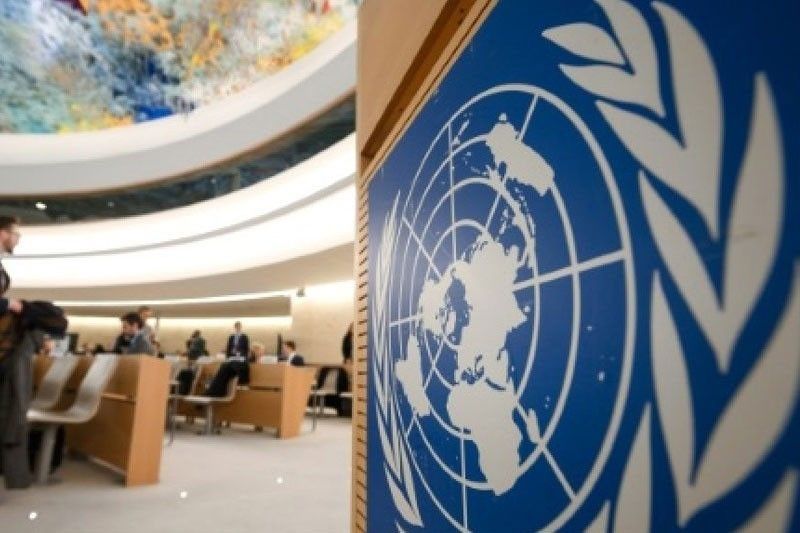
MANILA, Philippines — In a “landmark affirmation,” the United Nations Human Rights Committee (UNHRC) has interpreted that the right to peaceful assembly also extends to “digital activities.”
The legal advice is from the UNHRC, whose 18 experts monitor how countries implement the International Covenant on Civil and Political Rights.
The UN Special Rapporteur on the rights to freedom of peaceful assembly and association hailed the new interpretation that the right to peaceful assembly also extends to the digital world.
“I am excited by this truly landmark affirmation that protection of the right to peaceful assembly extends to remote participation, including online assemblies,” said Clément Voule, reacting to a document released by the committee. “It is particularly relevant during the COVID-19 pandemic, when so many peaceful gatherings have moved online.”
He noted that the committee’s interpretation will be important guidance for judges in national and regional courts around the world, as it now forms part of what is known as “soft law.”
The committee also gave a clear answer about lawful peaceful protest.
“By focusing extensively on the intersection of digital technologies and the right to peaceful assembly, General Comment 37 sets out a clear framework to protect this fundamental right in the digital era,” Voule said.
“It firmly settles the debate about whether the right to peaceful assembly extends to online activities, says governments should not block or hinder internet connectivity in relation to peaceful assemblies, and questions the chilling effect of surveillance technologies,” he added.
Senior UN-appointed independent rights experts emphasized that people have the right to demonstrate peacefully, and governments should respect international law to let them do so.
The panel’s General Comment notes that protesters have the right to wear masks or hoods to cover their face, and that governments should not collect personal data to harass or intimidate participants.
The committee’s advice also noted that governments could not prohibit protests by making “generalised references to public order or public safety, or an unspecified risk of potential violence.”
Governments “cannot block internet networks or close down any website because of their roles in organising or soliciting a peaceful assembly,” according to UNHRC.
It also stressed the right of journalists and human rights observers to monitor and document any assembly, including violent and unlawful ones.
- Latest
- Trending















